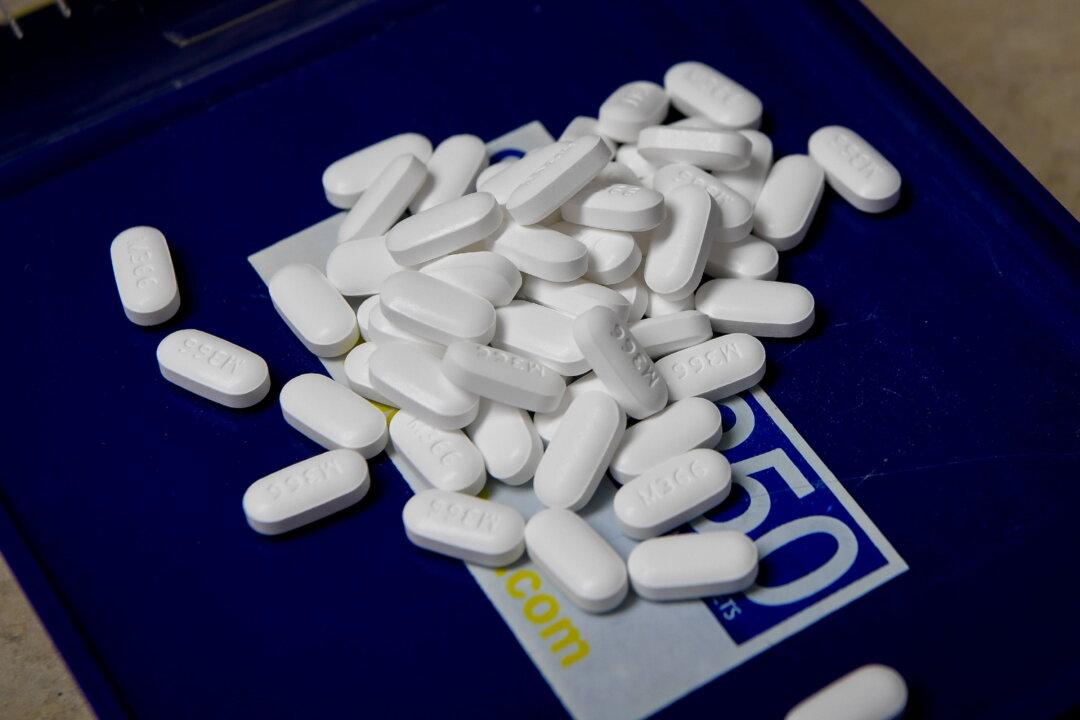Doctors in Australia have called on the New South Wales (NSW) government to take action on instituting a drug law reform and saving lives.
This comes after Queensland Government became the latest jurisdiction to expand police drug diversion programs for people carrying small amounts of illicit drugs.




